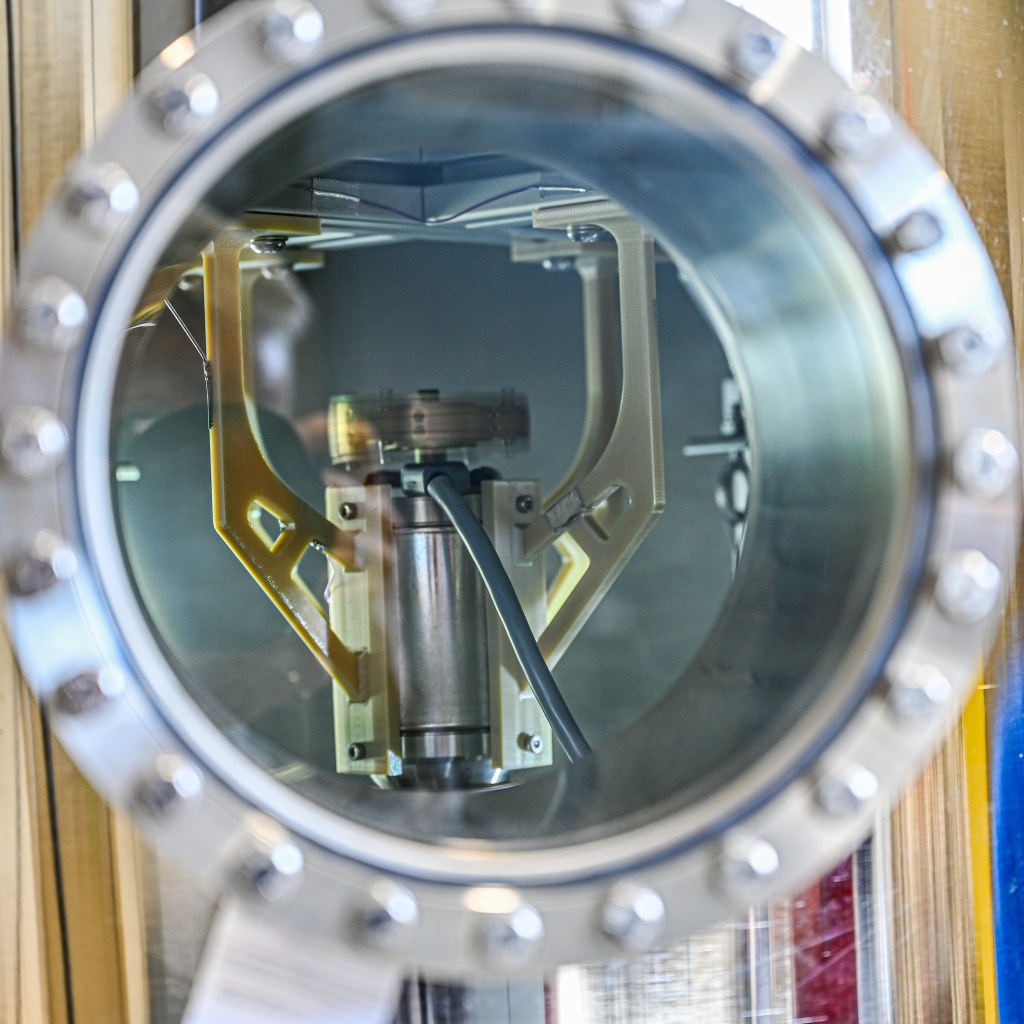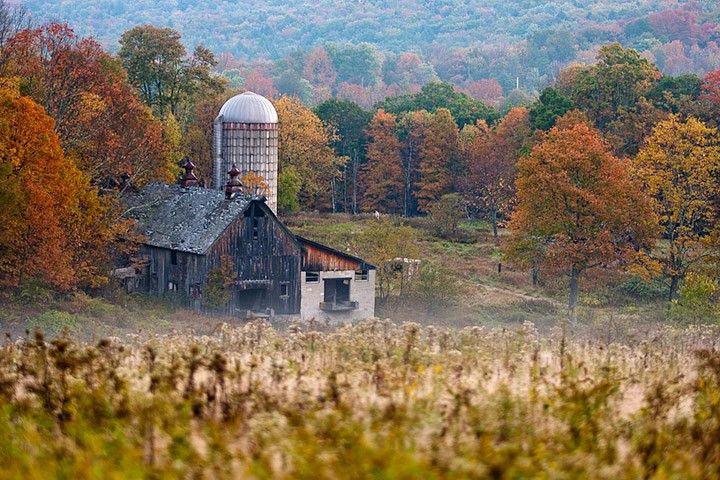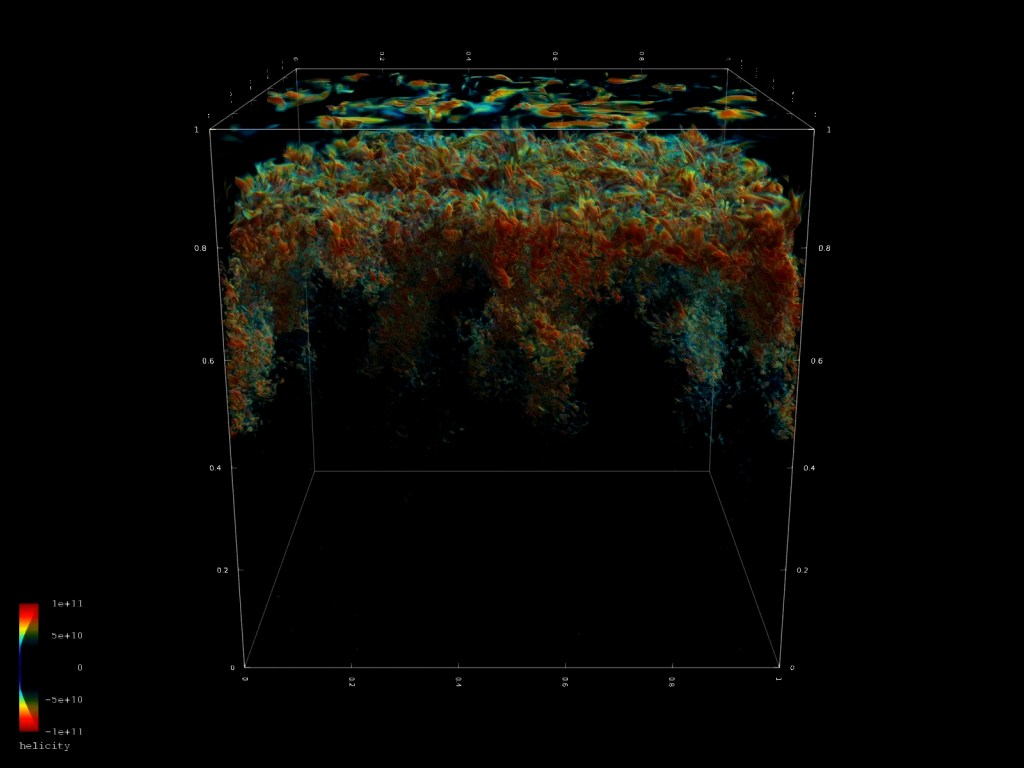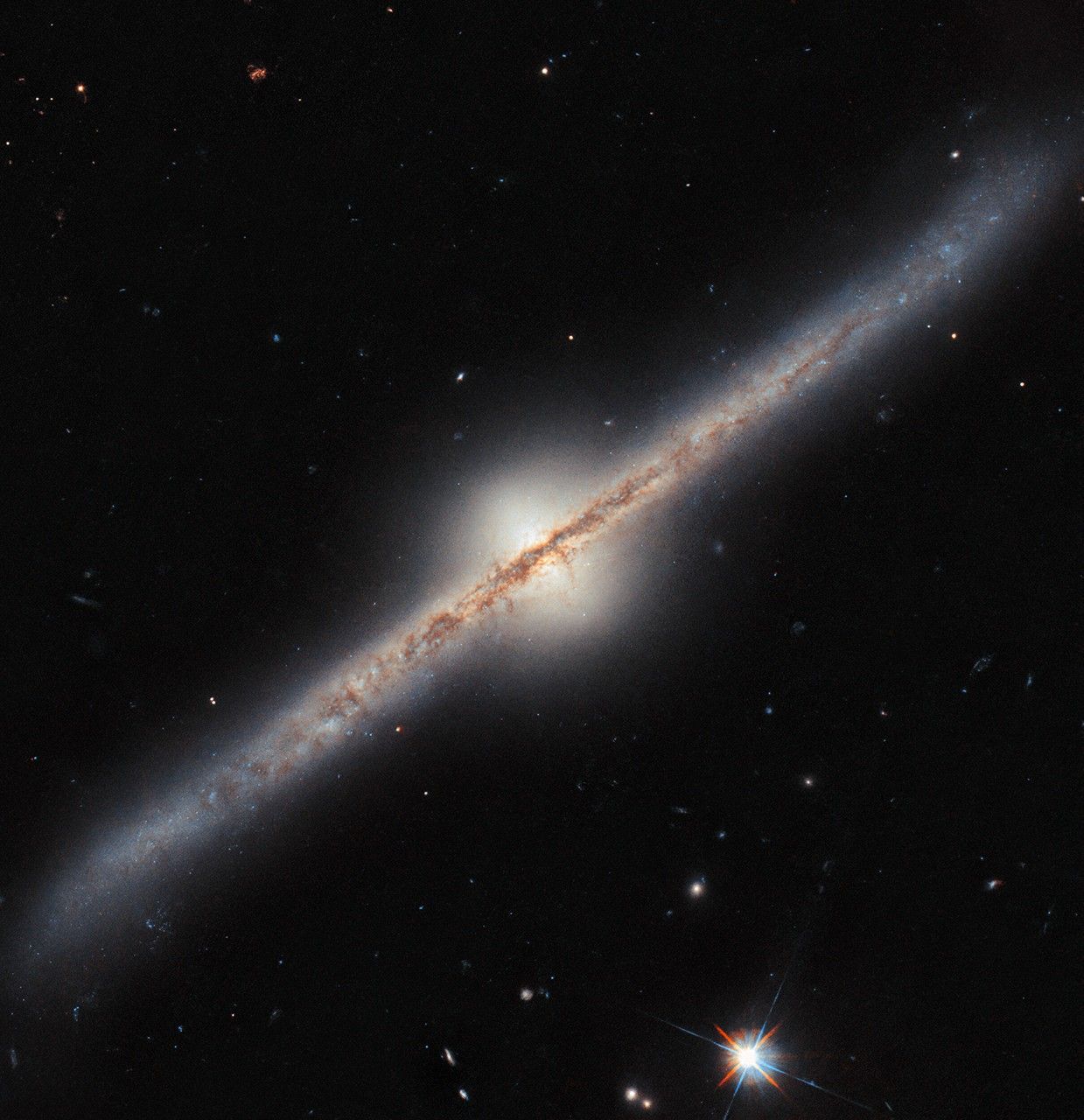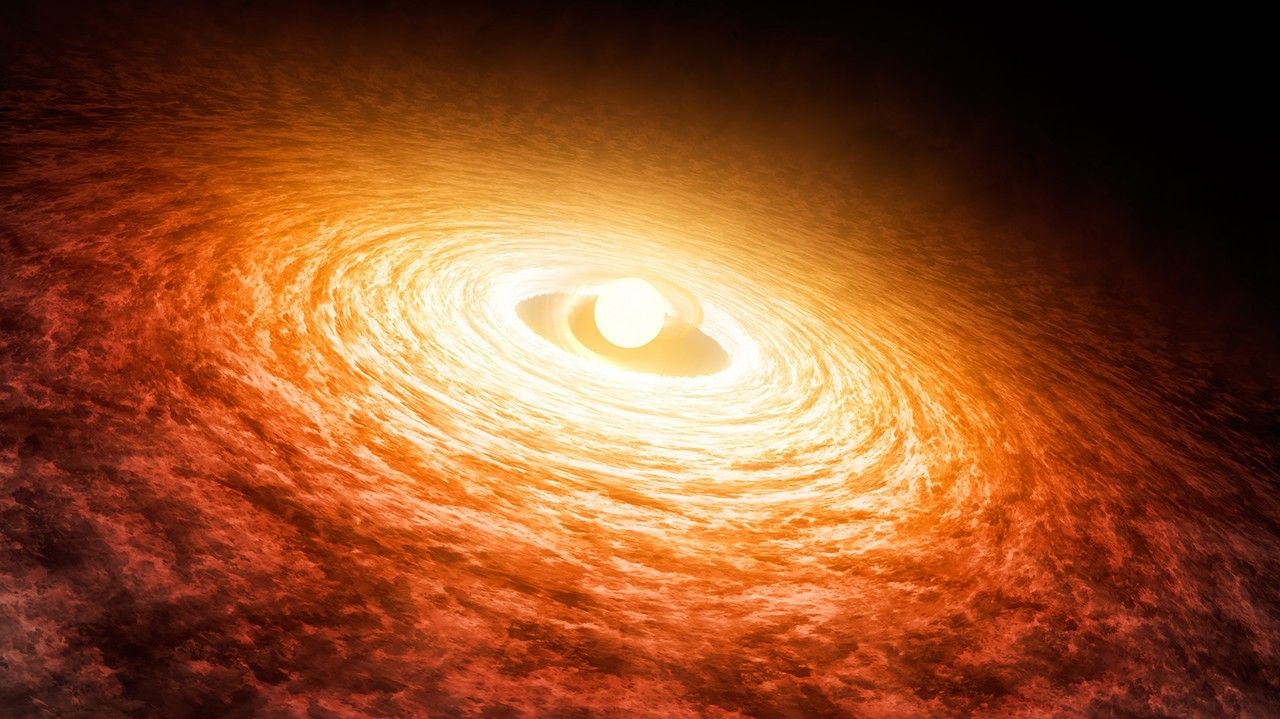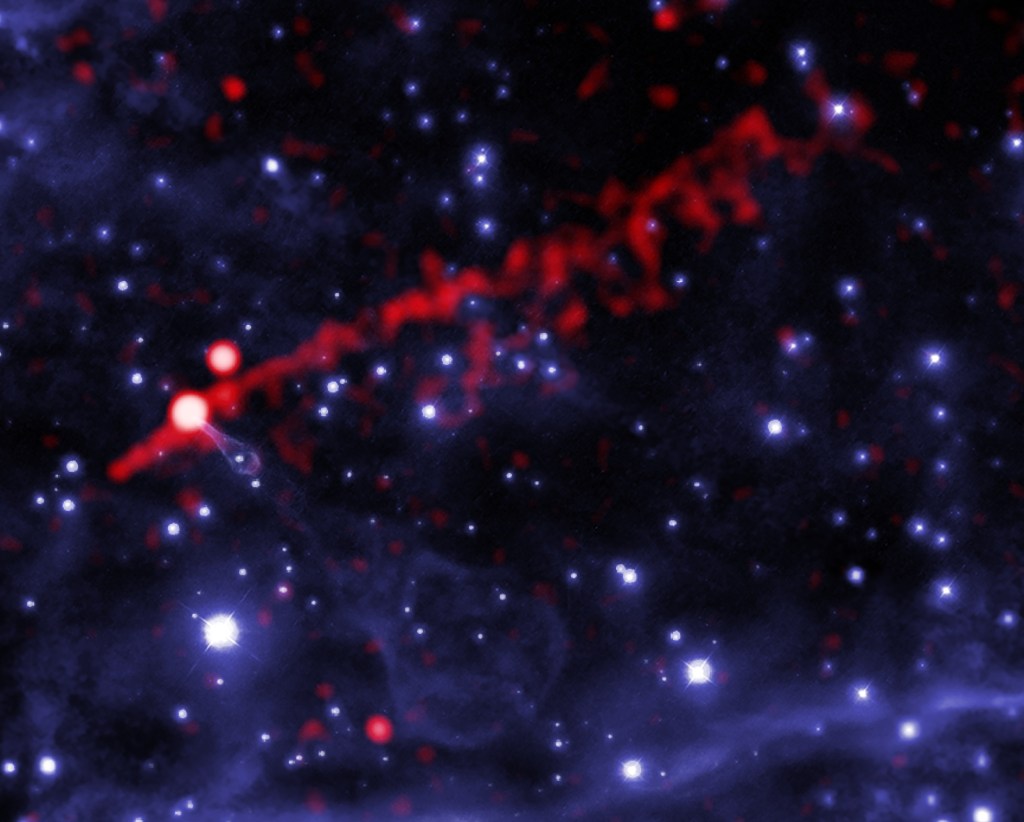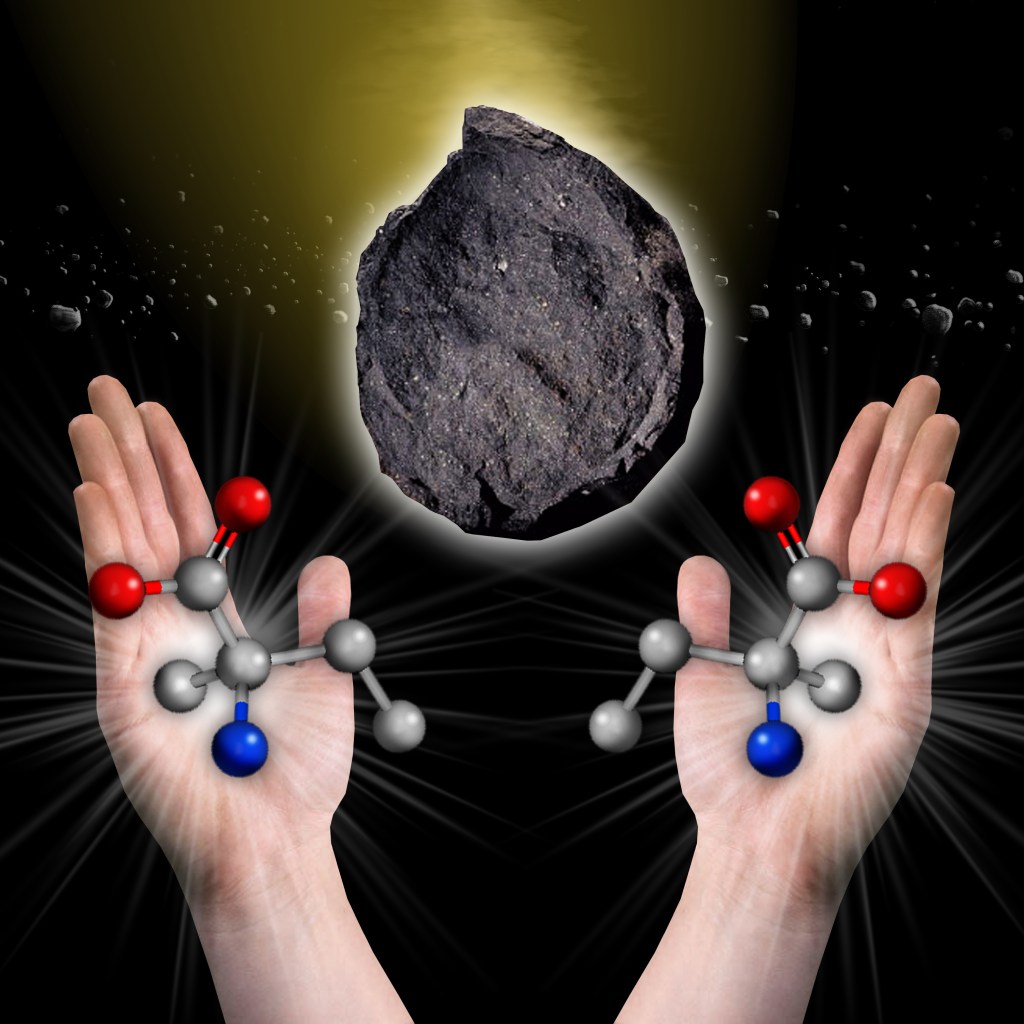This dark mound, called “Ireson Hill,” rises about 16 feet (5 meters) above redder layered outcrop material of the Murray formation on lower Mount Sharp, Mars, near a location where NASA’s Curiosity rover examined a linear sand dune in February 2017.
Researchers used the rover’s Mast Camera (Mastcam) on Feb. 2, 2017, during the 1,598th Martian day, or sol, of Curiosity’s work on Mars, to take the 41 images combined into this scene. The mosaic has been white-balanced so that the colors of the rock and sand materials resemble how they would appear under daytime lighting conditions on Earth. The view extends from west-southwest on the left to north-northwest on the right. The faint horizon in the distance beyond Ireson Hill is part of the rim of Gale Crater. The rover’s Sol 1598 location is mapped at https://mars.nasa.gov/multimedia/images/2017/curiositys-traverse-map-through-sol-1598 .
Figure A is an annotated version with scale bars indicating dimensions at two distances from the rover. The nearer scale bar, in meters, refers to features near the base of the hill, about 46 feet (14 meters) away from the camera. The farther one, in centimeters, refers to features at the top of the hill, about 85 feet (26 meters) from the camera.
Malin Space Science Systems, San Diego, built and operates the Mastcam. NASA’s Jet Propulsion Laboratory, a division of the Caltech in Pasadena, California, manages the Mars Science Laboratory Project for NASA’s Science Mission Directorate, Washington. JPL designed and built the project’s Curiosity rover.
More information about Curiosity is online at https://www.nasa.gov/msl and http://mars.jpl.nasa.gov/msl/.
Image Credit:
NASA/JPL-Caltech/MSSS





